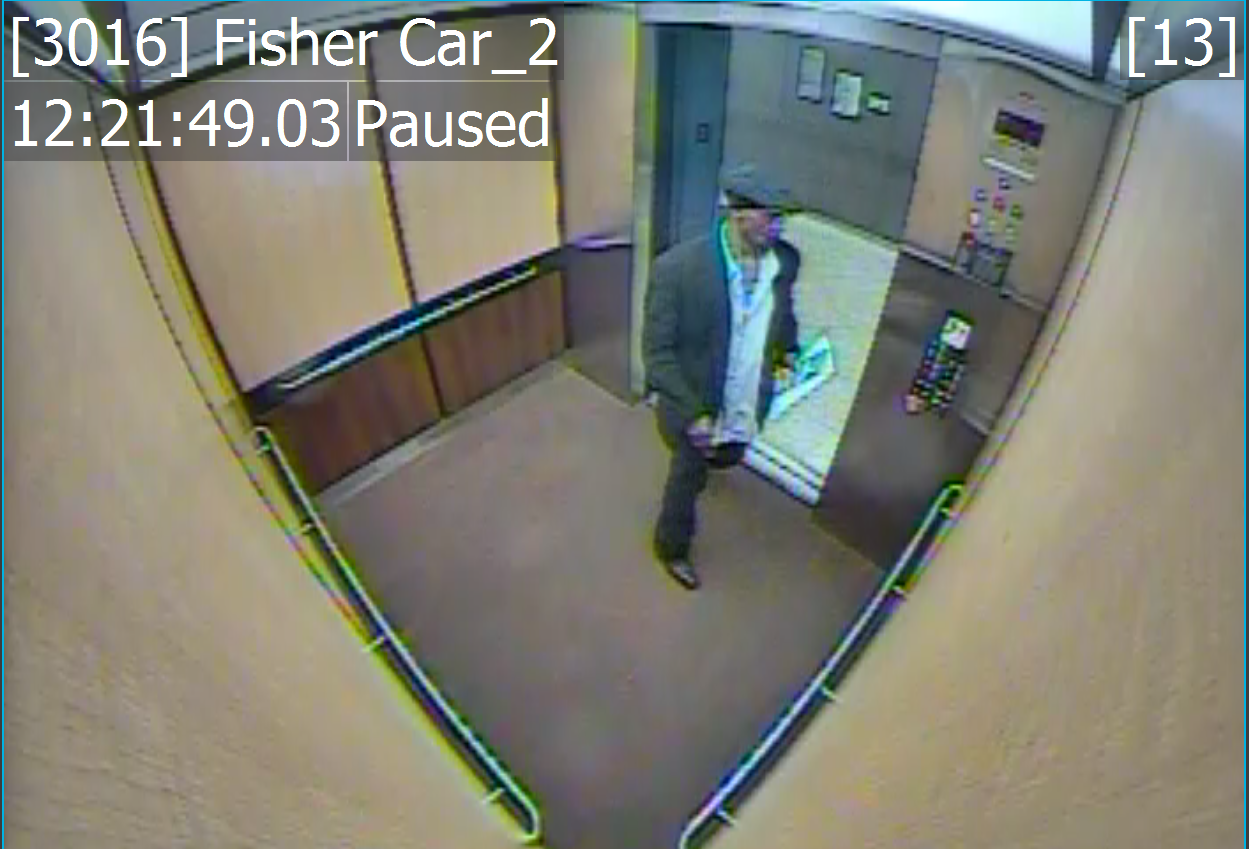
Gabriella DiPietro | News Editor
7/09/2018
Oftentimes, the saying, “When it rains, it pours,” carries a negative connotation, but for this Duquesne professor, the saying implies quite the opposite since his recent recognition by the White House.
John Pollock, a biological sciences professor in the Bayer School of Natural and Environmental Sciences since 2001, recently added the 2018 Presidential Award for Excellence in Science, Mathematics and Engineering Mentoring (PAESMEM) to his already decorated repertoire of accomplishments.
The PAESMEM was established by the White House in 1995 and has been recognizing standout individuals and organizations ever since. According to the National Science Foundation (NSF), who administers the program on behalf of the White House Office of Science and Technology Policy (OSTP), the award is bestowed upon those who demonstrate extraordinary mentoring of historically underrepresented groups in STEM.
On June 26, Pollock received the prestigious award, along with 27 other individuals and 14 organizations.
Pollock, who also serves as the professor and co-director of the Chronic Pain Research Consortium and the director of the Partnership in Education, has a record for high achievements, earning the Bayer School of Natural and Environmental Sciences Award for two consecutive years along with a number of other recognitions.
Philip Reeder, dean of the Bayer School of Natural and Environmental Sciences, commended Pollock for his hard work and commitment to his job.
“This is a wonderful honor for Dr. Pollock,” said Reeder. “His dedication to student success, and attention to each students’ individual needs, to rise above the norm, have been the hallmark of his career as a faculty member, scholar and mentor.”
Pollock explained the uniqueness of his work, noting that he has mentored undergraduate, graduate and high school students in not only biology and neuroscience, but in areas like computer graphics, art, animation, writing and more.
“I have helped my students find the path that is right for them and am delighted to see them go on to do so many great things,” said Pollock. “What I do is help students realize that they can be creative.”
Out of the more than 150 students that Pollock mentored, 25 percent are from underrepresented ethnic or racial groups in STEM fields.
The awardees, Pollock included, were given a certificate of their achievement as well as a letter from the President at the awards ceremony and dinner, which took place in the nation’s capital at the Kogod Courtyard in the center of the Smithsonian Museum of American Art.
Awardees and guests were also granted access to the National Portrait Gallery located in the museum. Pollock especially loved seeing the new Obama portrait by Kehinde Wiley and all the other presidential portraits, describing the Wiley creation to be “quite stunning in person.”
Duquesne’s President Ken Gormley congratulated Pollock on his award, sharing how proud the university is of the professor’s dedication to the university, his students and young aspiring minds.
“Dr. John Pollock exemplifies the dedication to excellence that our faculty members provide not only to our students, but also to the community at large,” said Gormley. “Dr. Pollock is a source of knowledge and inspiration to his students, whether they are post-graduates working side-by-side with him in a research lab or grade-school children listening as he recounts a story about pioneers in science.”
Pollock plans to continue mentoring students in STEM fields and more.
“I’ll go to work with a new group of young people who want to do something creative; something about the fundamentals of science; something that we can share.”



